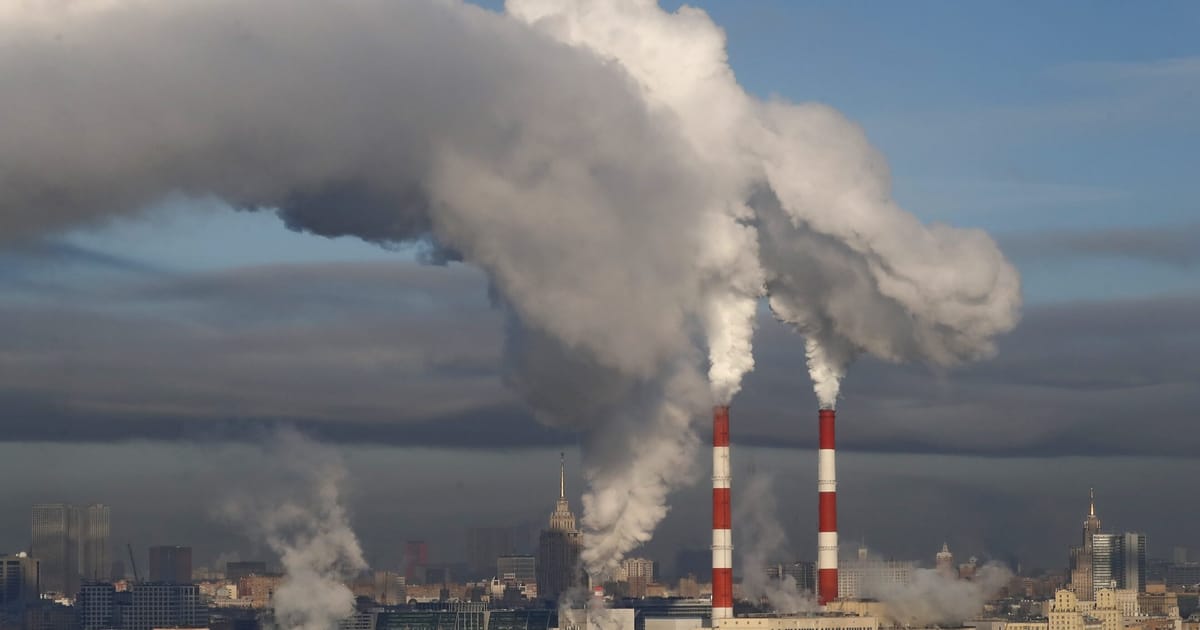Beginning January 1, 2026, the European Union will ban the import of natural gas via pipelines and liquefied natural gas shipments, with specific exceptions. These exceptions include short-term contracts established before June 17, 2026, and provisions for landlocked nations that have secured long-term agreements with Russia. Furthermore, the legislation permits certain European companies to continue utilizing long-term contracts to import Russian gas until January 1, 2028.
In a groundbreaking policy shift, any gas entering the EU from Russia, including through Serbian interconnection points, will be classified as Russian unless there is explicit documentation proving its origin from elsewhere. Member states will also be required to create and publish updated “diversification plans” aimed at reducing dependency on Russian oil and gas.
These legal measures were pledged as part of the REPowerEU Roadmap, which was unveiled last month to eliminate reliance on Russian energy sources in response to the war in Ukraine. The new regulations will compel companies to disclose the origins of their energy imports, and they will also set their sights on sourcing nuclear fuel.
As part of these efforts, the EU is advancing a series of new sanctions, including a proposed moratorium on the purchase of petrol, diesel, and jet fuel refined from Russian crude, alongside a push to decrease the G7 price cap on Russian oil from $60 per barrel to $45.
However, Hungary and Slovakia have persisted in importing Russian oil and gas since the onset of the full-scale conflict, taking advantage of temporary derogations to secure lower-cost supplies. The two nations have expressed strong opposition to the proposed measures, threatening to veto any significant actions if Brussels continues down this path.
Under the plan introduced by Jørgensen on Tuesday, Hungary and Slovakia would be granted additional time to transition away from Russian energy due to their slower progress. While changes related to trade and taxation can be passed with a qualified majority vote, any new sanctions or extensions of existing ones will necessitate unanimous approval from all 27 EU member countries.

